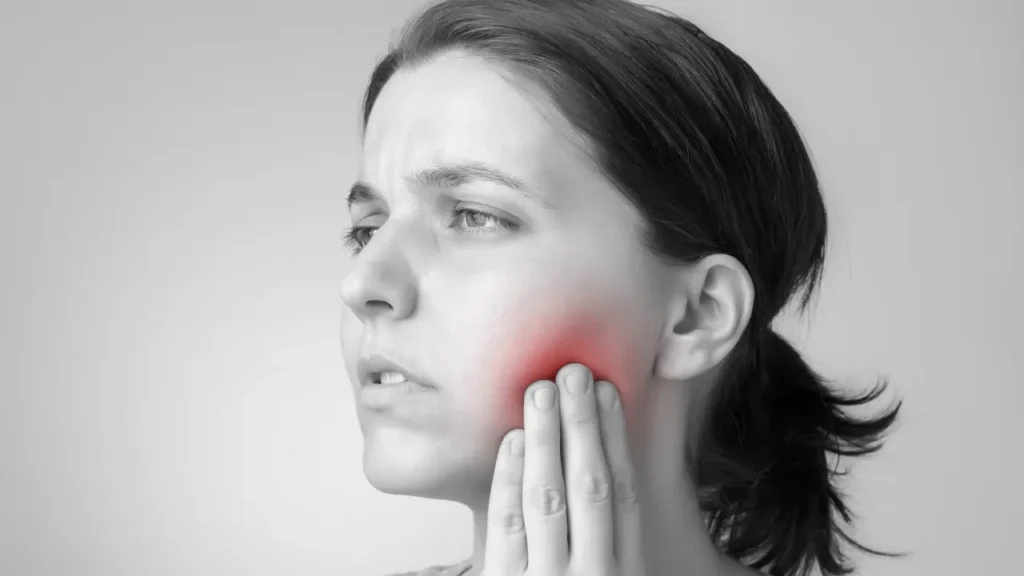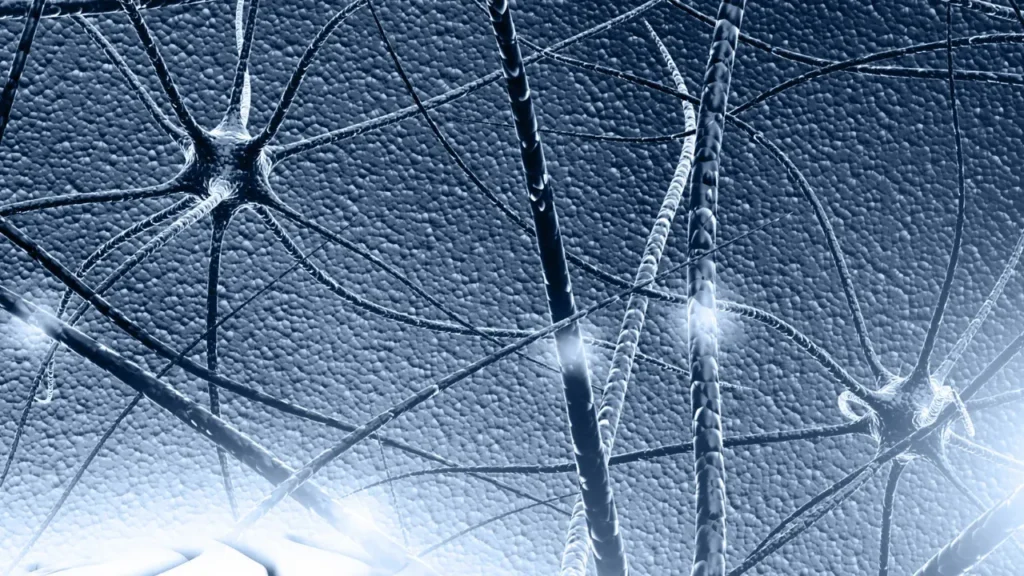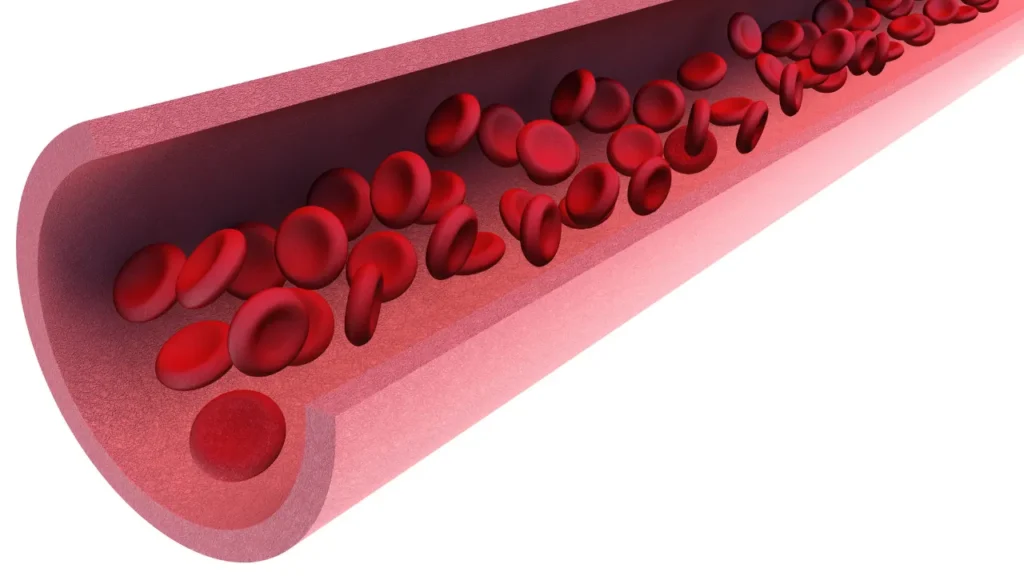The Rutaceae family member, southern prickly ash (Zanthoxylum americanum), has a long history of use in traditional Native American remedies and other indigenous medicines. Southern prickly ash is a deciduous shrub native to the Eastern and Central United States as well as some regions of Canada. This plant, which has been used as both a spice and medicine, is recognized for its characteristic spiky bark and aromatic properties. This article will examine the nature, health benefits, ideal dosage, side effects, possible substance interactions, and responsible usage of southern prickly ash.
You May Also Like:
Wasabi: Benefits, Dosage, Side Effects, Drug Interactions, And Other Important Information
Ylang Ylang Oil: Benefits, Dosage, Side Effects, Drug Interactions, And Other Important Information
Southern Prickly Ash: Benefits, Dosage, Side Effects, Drug Interactions, and Other Important Information is an original (NootropicsPlanet) article.
Nature of Southern Prickly Ash
Crushed leaves of the southern prickly ash plant smell like citrus. The plants can reach a height of 2 to 4 meters. From the plant’s bark, a few bioactive substances like alkaloids, terpenoids, and flavonoids can be found. They are the portion that is most frequently utilized medicinally. These substances may play a role in the plant’s therapeutic qualities.
Health Benefits of Southern Prickly Ash
The health benefits of southern prickly ash (Zanthoxylum americanum) extend beyond its potential cognitive enhancing properties, touching on various aspects of physical well-being. This section delves into these benefits in detail, underlining the plant’s multifaceted utility in traditional and contemporary herbal medicine.
Digestive Health
Traditional uses of southern prickly ash include improving digestion and relieving digestive problems. It is useful for treating stomach cramps, decreasing bloating, and improving general digestive function because of the carminative (relieving flatulence) and antispasmodic (relieving muscular spasm) qualities of both its bark and berries. The alkaloids, especially berberine, have the ability to increase bile secretion and production, which facilitates the breakdown and assimilation of lipids. Furthermore, it may improve nutritional absorption and gut health by increasing blood flow in the gastrointestinal system.
Circulatory System Support
The ability of southern prickly ash to stimulate circulation is one of its most notable qualities. It has been used to treat ailments like Raynaud’s disease, varicose veins, and cold hands and feet by enhancing blood circulation. It acts as a dilation agent, increasing blood flow and reducing symptoms related to poor circulation. In addition to helping peripheral tissues, this increased blood flow promotes brain health by guaranteeing a constant supply of nutrients and oxygen, both of which are essential for cognitive processes.
Pain Management
Traditional medical practices have extensive documentation of southern prickly ash’s analgesic (pain-relieving) properties. It has been used to treat a variety of pain disorders, such as chronic pain, arthritis, and toothaches. Its analgesic effects may be due to a combination of reducing inflammation, which is a common source of pain, and inhibiting pain signals in the neurological system. Furthermore, the fact that it may be applied topically to alleviate pain and irritation highlights how adaptable this natural pain reliever is.
Anti-inflammatory and Antioxidant Effects
Numerous chronic diseases have inflammation as their primary cause. Southern prickly ash’s anti-inflammatory qualities can be quite helpful in treating and avoiding these illnesses. It has been demonstrated that the flavonoids and terpenoids in the plant regulate inflammatory pathways. These can decrease inflammation and perhaps lower the risk of chronic illnesses including diabetes and heart disease. Furthermore, these chemicals’ antioxidant properties aid in the fight against oxidative stress, shielding cells from harm and promoting general health and longevity.
Antimicrobial Activity
Southern prickly ash also has important antibacterial qualities, especially when it comes to its alkaloids, which include berberine. These compounds have demonstrated activity against a variety of bacteria, fungi, and viruses. Its application in digestive health as aforementioned is enhanced by its antibacterial action, which can strengthen the immune system and help regulate bacterial imbalances in the stomach.
Immune System Support
In addition to its obvious antibacterial properties, Southern prickly ash is said to strengthen immunity. It facilitates the elimination of waste materials and pollutants while also guaranteeing the effective delivery of nutrients and oxygen to tissues through improved circulation. The body’s capacity to respond to infections and to monitor immunity can both be improved by this circulatory boost, which will promote immunological function in its entirety.

Chemistry of Southern Prickly Ash
Chemically rich, Southern prickly ash contains a wide range of bioactive chemicals that support its therapeutic qualities. The most well-known chemicals found in the plant are alkaloids, which include chelerythrine, canadine, and berberine. The wide range of pharmacological properties of these alkaloids, such as their antibacterial, anti-inflammatory, and anti-tumor effects, are well recognized. In particular, berberine has been the subject of in-depth research and is present in a number of plants that have long been used in traditional medicine. It belongs to the protoberberine group of benzylisoquinoline alkaloids and is a quaternary ammonium salt.
Southern prickly ash also contains flavonoids and terpenoids, which are substances with anti-inflammatory and antioxidant qualities, in addition to alkaloids. The largest class of natural compounds, terpenoids, are involved in defensive mechanisms in plants as well as contributing to their fragrant qualities. Contrarily, flavonoids are a broad class of phytonutrients present in fruits and vegetables that can alter enzyme levels for detoxification, boost the immune system, and interact with important enzymes that control cellular signal transduction.
The interactions between these components in southern prickly ash, especially their complementary and synergistic effects, add to the plant’s overall health advantages.
Physiological Mechanism of Action of Southern Prickly Ash
Southern prickly ash’s physiological mode of action is mostly based on its interaction with the neurological and circulatory systems, which is due to its high alkaloid content. The alkaloids, particularly berberine, have numerous impacts on the body and brain. One key activity is the suppression of acetylcholinesterase, an enzyme that degrades acetylcholine, a neurotransmitter implicated in enhancing wakefulness, alertness, and cognitive function. Southern prickly ash may increase acetylcholine levels in the brain by blocking this enzyme, hence improving cognitive processes such as memory, attention, and alertness.
Furthermore, the anti-inflammatory and antioxidant properties of the plant’s flavonoids and terpenoids contribute to its neuroprotective effects. These compounds modulate inflammatory pathways and reduce oxidative stress within the brain, protecting neurons from damage and supporting overall neuronal health and function. This neuroprotection is crucial for maintaining cognitive functions and possibly for the prevention of neurodegenerative diseases.
The circulatory stimulant properties of southern prickly ash are another key aspect of its mechanism of action. By promoting blood circulation, it increases blood flow to peripheral tissues and organs, including the brain. This enhanced blood flow can improve the delivery of oxygen and nutrients to brain cells, supporting brain health and function.

Optimal Dosage of Southern Prickly Ash
There isn’t much research that particularly addresses the use of southern prickly ash specifically for cognitive enhancement, making it difficult to determine the best dosage for this purpose. A broad range of dosages are suggested by traditional use and anecdotal evidence. Nevertheless, thorough controlled clinical research is required to determine safe and effective dosages for public usage. To prevent negative effects, it is crucial to use extracts or supplements in accordance with manufacturer instructions and to speak with a healthcare professional.
Side Effects of Southern Prickly Ash
When used in customary dosages, southern prickly ash is generally regarded as harmless. However, some people may experience adverse effects. Allergic reactions, nausea, and stomach pain are possible adverse effects of the supplement. Due to insufficient safety data, its usage is not advised for women who are pregnant or nursing.
Potential Substance Interactions with Southern Prickly Ash
Southern prickly ash may interact with some medications due to its effects on circulation and ability to change the levels of specific enzymes in the body. These medications include blood pressure medications and those that affect blood clotting, such as anticoagulants. Additionally, it might interfere with other medicines and supplements that influence blood flow or neurotransmitter levels.

Best Responsible Use of Southern Prickly Ash
It is important to utilize southern prickly ash properly if you are interested in using it as a nootropic supplement to improve your cognitive function. You must begin with smaller doses and always keep an eye out for any negative effects. Speaking with medical specialists is particularly important too if other medications or supplements are being taken at the same time. Purchasing supplements from reliable producers is also crucial to guaranteeing the safety and quality of the goods.
Southern Prickly Ash:
Conclusion
Southern prickly ash has various aspects in bringing benefits to your overall health and wellness. This plant can be found in the eastern and central United States and also some parts of Canada. Its potential medical qualities include better digestion, better blood circulation, reduced inflammation and oxidative stress, and pain relief. Aside from these, these plants can also enhance your alertness by increasing neurotransmitter levels in your brain. However, you must be picky about the supplier and sources of this supplement to avoid getting low-quality supplements. You should also assess your individual needs with the guidance of a doctor to prevent any possible side effects.
Some people may develop allergic reactions, nausea, and stomach pain as a result of taking the supplement. This plant, often used in traditional medicine, has been explored for its potential medicinal properties, including its purported benefits for digestive health and pain relief. While some research indicates that Southern prickly ash may offer therapeutic effects, further scientific investigation is necessary to elucidate its efficacy and safety profile. Before considering Southern prickly ash supplementation or using it medicinally, consulting with a healthcare provider is recommended to assess individual health needs and to ensure the appropriateness of its use.

References:
- What Is Prickly Ash, and Does It Have Benefits? Retrieved from:https://www.healthline.com/nutrition/prickly-ash
- Zanthoxylum Species: A Comprehensive Review of Traditional Uses, Phytochemistry, Pharmacological and Nutraceutical Applications. Retrieved from: https://www.ncbi.nlm.nih.gov/pmc/articles/PMC8272177/
- Zanthoxylum Species: A Review of Traditional Uses, Phytochemistry and Pharmacology in Relation to Cancer, Infectious Diseases and Sickle Cell Anemia. Retrieved from: https://www.ncbi.nlm.nih.gov/pmc/articles/PMC8479109/
Important Note: The information contained in this article is for general informational purposes only, and should not be construed as health or medical advice, nor is it intended to diagnose, prevent, treat, or cure any disease or health condition. Before embarking on any diet, fitness regimen, or program of nutritional supplementation, it is advisable to consult your healthcare professional in order to determine its safety and probable efficacy in terms of your individual state of health.
Regarding Nutritional Supplements Or Other Non-Prescription Health Products: If any nutritional supplements or other non-prescription health products are mentioned in the foregoing article, any claims or statements made about them have not been evaluated by the U.S. Food and Drug Administration, and such nutritional supplements or other health products are not intended to diagnose, treat, cure, or prevent any disease.


